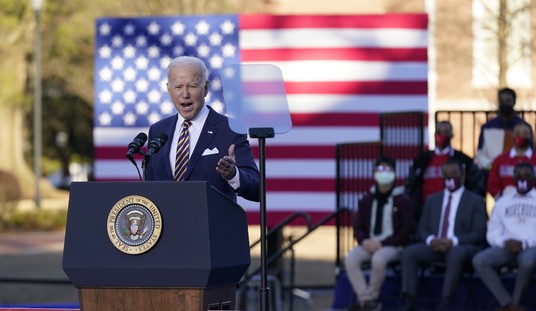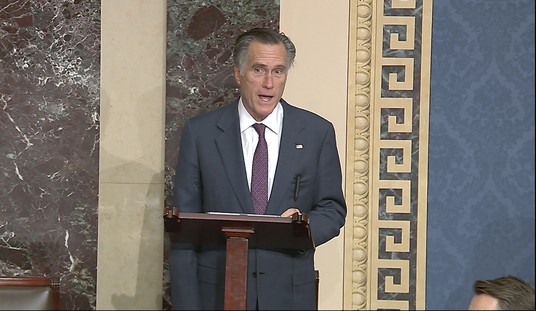The budget update from the Congressional Budget Office yesterday predicted some important information: Obamacare will cause the labor force to shrink. At a time when the American labor force is already projected to shrink due to an aging population, the widespread availability of taxpayer-funded health insurance will also cause some people to just decide not to work any more.
The White House spins this as good news, and Nancy Pelosi is standing by them:
“What we see is that people are leaving their jobs because they are no longer job-locked,” House Minority Leader Nancy Pelosi (D-Calif.) told reporters after House votes Tuesday afternoon. “They are following their aspirations to be a writer; to be self-employed; to start a business. This is the entrepreneurial piece. So it’s not going to cost jobs. It’s going to shift how people make a living and reach their aspirations.”
Pelosi said she hadn’t “fully” seen the report, but, “this was one of the goals. To give people life, a healthy life, liberty to pursue their happiness. And that liberty is to not be job-locked, but to follow their passion.”
“Liberty to pursue their happiness”! But Pelosi has this all wrong. The CBO projections aren’t finding that people will “follow their passion” and become self-employed, or start a business. The CBO projects that people will simply stop working. “Job lock” is the term used for when people are hesitant to leave their jobs for fear of losing insurance coverage. But there’s a difference between being freed from job lock to become an entrepreneur and being freed from job lock to just leave the workforce. The CBO is predicting the latter.
Republicans have bemoaned job lock for years, and have centered previous health reform plans on disentangling employment from insurance. But they’re focused on the entrepreneurial side, not on the liberation that comes from being able to stop working. Any form of combating job lock will result in people leaving the workforce voluntarily, but as Ross Douthat noted, it’s the size of the effect that matters:
2 million is a much, much uglier number than the 800,000 figure the C.B.O. cited in its last report. Maybe the early estimate was right and this one is wrong, or (just as likely) maybe both are off in one direction or the other. But it does seem like we may be dealing here with something that isn’t just a consequence of rejiggering the employer-provided model, and that actually reflects a more universal dilemma of welfare-state liberalism: Namely, that when the government moves to help people at the bottom of the income distribution, its assistance often creates perverse incentives, both by making it easier for the beneficiaries not to work at all and (when the assistance is means-tested) by imposing a steep marginal tax rate on upward mobility of any kind.
That’s what’s at the heart of the progressive project here: all people should be insulated from fear, from risk, from luck. If they want to work, great! If they don’t, that’s okay too! They’re free to be writers. Or to leave the workforce altogether. People shouldn’t have to labor if they don’t want to.
That’s what this really about – if society should be structured to incentivize people at the lower rungs of the income scale to join the workforce and provide a better future for themselves and their families. The distinction between entrepreneurialism and voluntary unemployment is important.







Join the conversation as a VIP Member